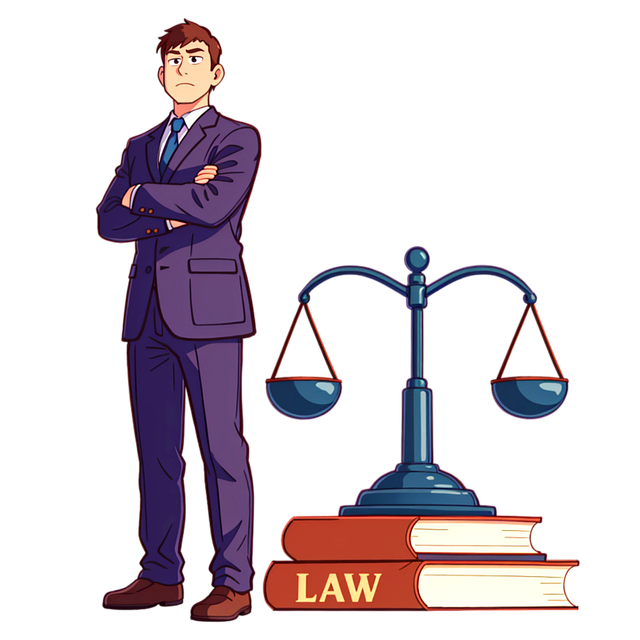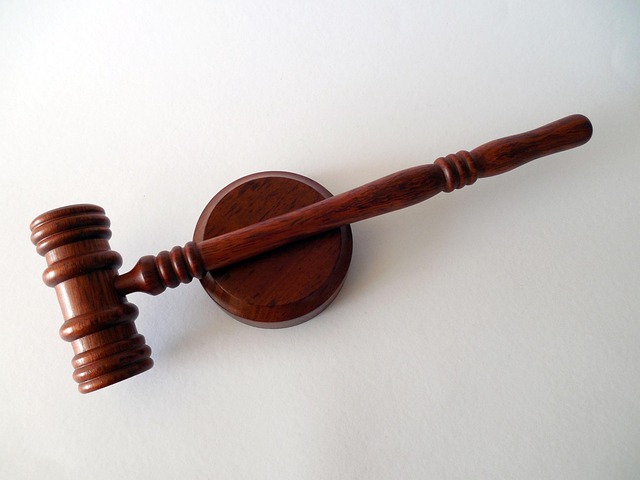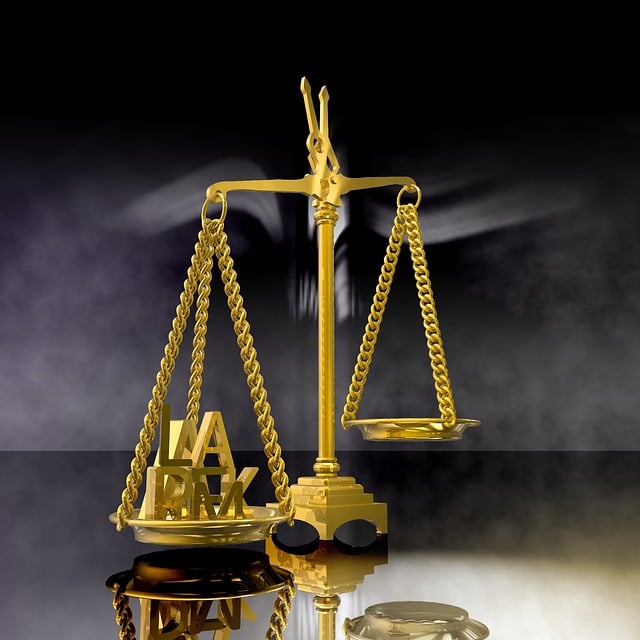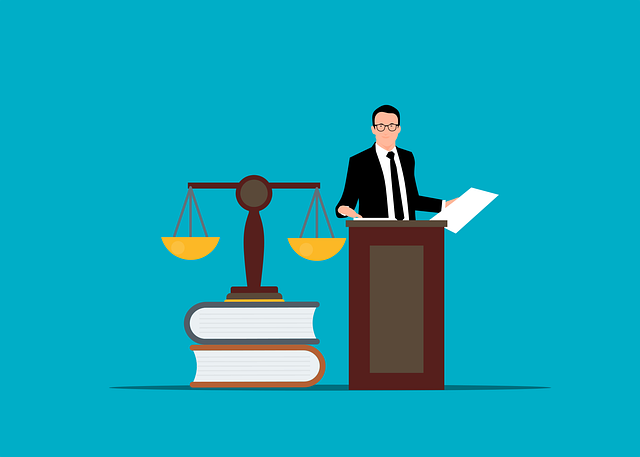Public corruption cases in administrative law hearings demand meticulous preparation, including thorough documentation, strategic defense planning, and understanding legal definitions. Key steps involve gathering financial records, creating timelines, identifying witnesses, and adhering to strict procedural rules. Effective communication, ethical focus, and post-hearing strategy are vital for achieving favorable outcomes, leveraging Preparation Tips for Administrative Law Hearings to navigate complex legal landscapes.
“Uncovering the intricacies of public corruption charges is paramount in maintaining a fair and transparent society. This comprehensive guide offers preparation tips for administrative law hearings, equipping individuals and organizations with essential knowledge. From understanding legal definitions and frameworks to navigating complex procedures and crafting effective defenses, each section provides valuable insights. Whether you’re gathering evidence or mastering communication strategies, these preparation tips ensure a strong defense. By the end, readers will be equipped to confidently navigate the post-hearing process, appeals, and future steps.”
- Understanding Public Corruption Charges: Definitions and Legal Framework
- Preparing Your Case: Gathering Evidence and Documentation
- Navigating Administrative Law Hearings: Procedures and Rules
- Effective Communication Strategies for Presenting Your Defense
- Post-Hearing Steps: Appeals, Outcomes, and Moving Forward
Understanding Public Corruption Charges: Definitions and Legal Framework

Public corruption charges are a serious matter that involves the abuse of power and public trust by government officials or individuals in positions of authority. These charges encompass a range of illegal activities, from bribery and fraud to misusing public funds and resources for personal gain. Understanding these charges requires delving into the legal framework surrounding administrative law, which governs how such cases are investigated, prosecuted, and adjudicated.
When facing public corruption allegations, preparation is key. Those who have been charged should seek legal counsel with an unprecedented track record in navigating complex administrative law hearings. These hearings often play a crucial role in determining the outcome of the case, much like jury trials in criminal proceedings. Preparation tips for these hearings include gathering comprehensive documentation, thoroughly reviewing evidence, and developing a strategic defense that addresses both the legal definitions of corruption and any specific procedural requirements within the relevant legal framework. Achieving extraordinary results in such cases often hinges on meticulous preparation and a deep understanding of the law.
Preparing Your Case: Gathering Evidence and Documentation

When preparing for a public corruption case, especially an administrative law hearing, gathering robust evidence and documentation is crucial. This involves meticulously sifting through financial records, emails, meeting minutes, and any other documents that could shed light on alleged illicit activities. It’s important to ensure these materials are properly organized and easily accessible to your legal team, as they will serve as the backbone of your defense strategy.
Effective preparation tips for administrative law hearings include creating a detailed timeline of events, identifying potential witnesses, and cross-referencing them with relevant evidence. Additionally, understanding the specific legal standards and regulations related to public corruption charges is vital. This knowledge helps in crafting arguments that align with the respective business practices and actions taken by your client, while also avoiding indictment from general criminal defense perspectives.
Navigating Administrative Law Hearings: Procedures and Rules

Navigating Administrative Law Hearings involves understanding a unique set of procedures and rules distinct from traditional court settings. These hearings often arise in cases of public corruption charges, where government officials or entities are accused of misconduct. The process demands meticulous preparation to ensure a fair outcome. Key aspects include gathering comprehensive evidence, preparing detailed legal arguments, and strategizing effective cross-examination techniques.
Preparation tips for Administrative Law Hearings focus on thoroughness and adherence to strict procedural guidelines. It’s crucial to familiarize yourself with the respective business rules governing the hearing, ensuring compliance from the outset. An unprecedented track record of successful defenses can be a powerful asset, demonstrating expertise in navigating these complex legal landscapes and avoiding indictment.
Effective Communication Strategies for Presenting Your Defense

When facing public corruption charges, effective communication is key to presenting a compelling defense. Preparation tips for administrative law hearings are invaluable in navigating complex legal landscapes. A strategic approach involves meticulous research and understanding of the allegations. Begin by thoroughly reviewing the evidence, identifying any inconsistencies or weaknesses in the prosecution’s case. Crafting a clear narrative that highlights your actions and intentions can make a significant difference.
Focus on presenting yourself as a responsible actor, especially when dealing with white-collar and economic crimes. Demonstrate how your decisions were driven by ethical considerations and a commitment to serving the philanthropic and political communities. In high-stakes cases, where every detail matters, ensure your communication is precise, logical, and backed by evidence. This methodical preparation can help sway perceptions and strengthen your defense strategy.
Post-Hearing Steps: Appeals, Outcomes, and Moving Forward

After a Public Corruption Hearing, the process doesn’t simply conclude; it’s just one step in a meticulously planned legal journey. For his clients, navigating this complex landscape requires an unprecedented track record of strategic advocacy and meticulous preparation—much like a well-rehearsed dance. The immediate post-hearing steps involve carefully considering all available options, as appeals can be a viable course of action if significant procedural errors or misinterpretations of evidence are identified.
Each case is unique, and the outcomes vary widely, from acquittals to altered sentences. Moving forward, legal teams must remain agile, adapting their strategies based on the specific circumstances and the jurisdiction’s legal framework. The key lies in leveraging Preparation Tips for Administrative Law Hearings to ensure every move is calculated, aiming for the best possible result while upholding justice.
Navigating public corruption charges can be complex, but with thorough Preparation Tips for Administrative Law Hearings, you can confidently face these challenges. Understanding the definitions and legal framework, gathering robust evidence, and employing effective communication strategies are key to a successful defense. By adhering to best practices post-hearing, including appeals processes, you can shape the outcome and move forward with resilience. This comprehensive guide equips you with the tools to navigate these proceedings with confidence and protect your interests.






